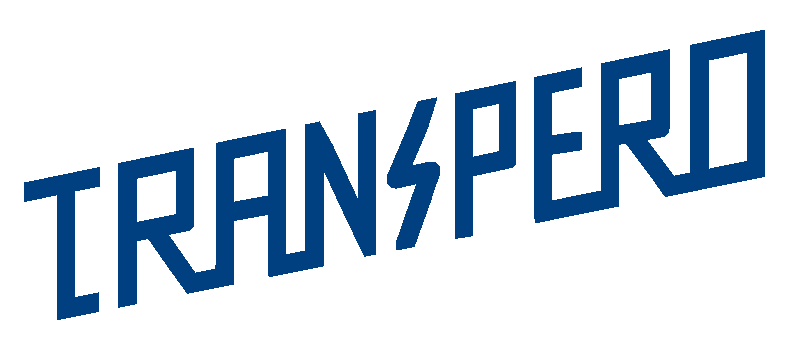
Navigating the complexities of finance and compliance requires keen insight and stringent oversight. For businesses aiming to enhance their financial integrity and operational efficiency, embracing best practices in internal audit consulting is indispensable.
This field is pivotal in helping organizations identify weaknesses in their financial processes, recommend improvements, safeguard assets, and ensure compliance with applicable laws and regulations. With the growing complexity of economic rules and the dynamic nature of business, the need for experts in internal audit is more crucial than ever. So, here are some best practices to consider:
Contents
Establishing a Robust Framework
The foundation of effective internal practices begins with establishing a robust framework. This framework should align with the organization’s objectives and regulatory requirements. It involves clearly defining the function’s scope and objectives and integrating them with the overall risk management strategy. The framework should also specify the standards and methodologies for conducting audits, ensuring consistency and reliability in the processes.
Emphasizing Risk Assessment
At the heart of internal auditing is a thorough risk assessment. This process entails identifying and evaluating risks that could adversely affect the organization. A practical risk assessment should cover various areas, such as operational, financial, and compliance risks. Auditors use this assessment to prioritize areas and allocate resources where they are most needed. This focused approach optimizes the process and effectively mitigates significant risks.
Leveraging Technology
Leveraging technology is critical to enhancing the efficiency and effectiveness of processes. Advanced analytical tools and software can automate routine tasks, provide detailed data analysis, and generate insightful reports. These technologies enable them to swiftly identify trends, anomalies, and potential areas of concern. Moreover, technology facilitates real-time monitoring and continuous processes, which are essential for keeping pace with modern businesses’
Fostering Transparency and Communication
Transparency and open communication between the team and other departments within the organization are crucial for the success of any auditing process. Effective communication ensures all parties understand the scope, objectives, and findings. It also helps implement recommendations and resolve any issues during the inspection. Regular updates and feedback sessions with stakeholders are essential to enhance the trust and cooperation necessary for a successful outcome.
Continuous Improvement and Professional Development
The risk and compliance landscape is continually evolving, and so should the skills and knowledge of those responsible for internal auditing. Ongoing professional development and training are vital for teams to keep up with new standards, regulations, and practices. Additionally, a culture of continuous improvement within the function can drive innovation and adaptability, ensuring that the auditing practices remain practical and relevant. Organizations can avoid increasing risks in their industry and regulation changes by taking a proactive strategy. Furthermore, cultivating a culture of continual learning and development among experts promotes the study of new methodologies and technology, resulting in more effective and efficient audit procedures.
Prioritizing Ethical Standards and Integrity
Upholding the highest moral standards and integrity is critical. It ensures the audit process is unbiased, thorough, and free from conflict of interest. Organizations should enforce strict ethical guidelines and conduct regular training for their teams. This helps auditors remain impartial and committed to the highest standards of professionalism, which is critical in earning stakeholders’ trust and upholding the credibility of the findings. In addition to promoting legal and regulatory compliance, ethical audits foster an honest and open culture within the company.
Implementing best practices in internal audit consulting is essential for any organization to enhance its financial stewardship and operational efficiency. With the aid of this proactive approach to financial management, organizations may confidently and securely traverse the intricacies of the economic landscape.
